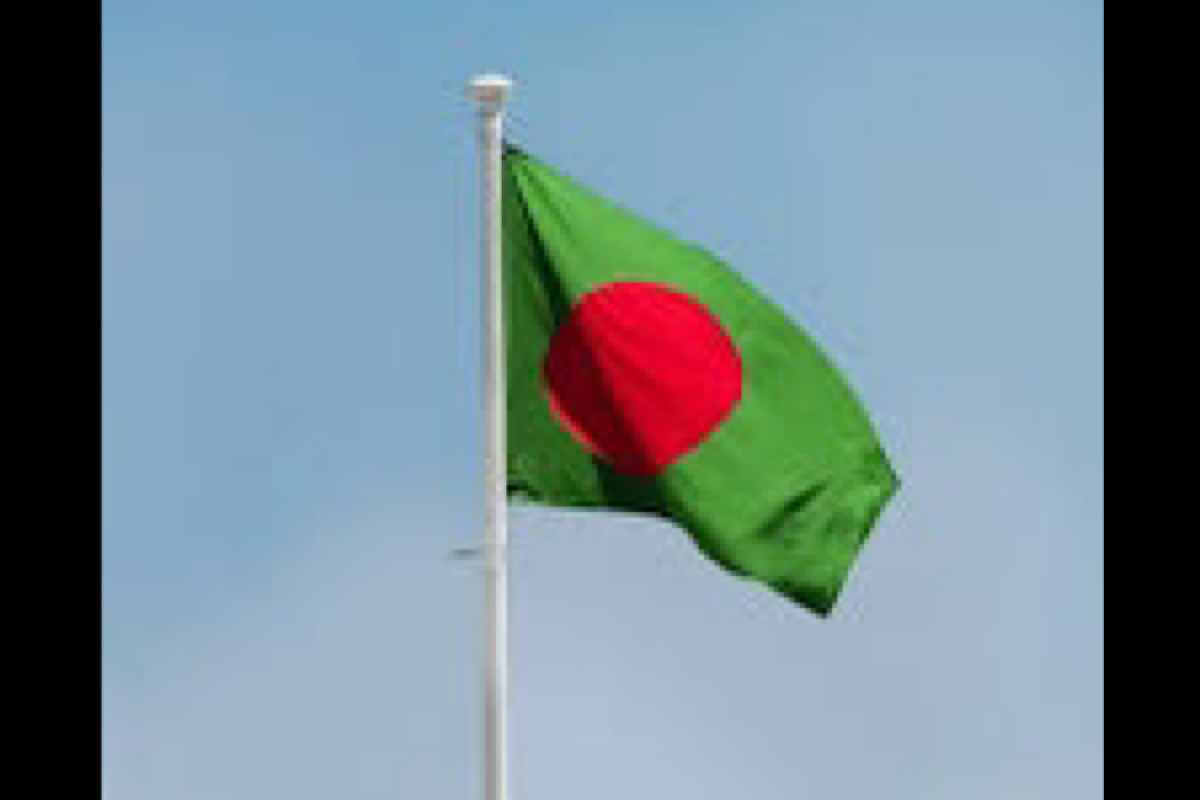Bangladesh may be heading for a serious political crisis as its main opposition parties have come together to demand that the next general election be held under the superintendence and control of a neutral, caretaker government, and not under the aegis of the present Awami League dispensation. Protests by the Bangladesh Nationalist Party (BNP) and its allies have already led to the death of one person and injuries to several hundred activists this week. The parties say they have a one-point agenda ~ that the general election be conducted by a non-party interim government. This was written into the country’s Constitution, following a compromise reached between the BNP and the Awami League in 1996. At that time, the BNP was in power and the demand for a neutral dispensation to conduct elections was made by the Awami League.
After considerable resistance, the BNP government gave in. The 13th amendment to the Constitution was passed and was immediately hailed as a measure that allowed a peaceful transfer of power, as well as equal opportunities to contending parties. But soon after coming to power, the Awami League government took advantage of a controversial judgment of the country’s top court that ruled the 13th amendment was unconstitutional, and did away with the requirement through the 15th amendment to the Constitution. The BNP chose to boycott national elections held in 2014 and lost significant political ground. When it did contest in 2018, its strength was reduced to seven in a house of 350. Clearly thus, the party lacks the numbers to reinstate the caretaker government scheme through legislative means ~ a constitutional amendment will require support of two-thirds of the legislators. The government maintains that the country’s election commission is independent, and quite capable of conducting a free and fair election. Two months ago, the government announced that electronic voting machines would be used in all constituencies. The other factor the BNP must confront is that its base has shrunk. While the party and its allies, principally the Islamist parties that share its right-wing agenda, have the numbers to conduct protests, the assessment of experts is that they lack the clout to make a significant dent in the Awami League’s prospects at the ballot box.
Advertisement
If the BNP follows through with its threat to boycott elections, as it did in 2014, it faces the risk of losing all political relevance. Thus, while a boycott is not in the party’s interest, it may become a weapon to claim legitimacy by challenging that of its rival. At the same time, the Awami League, facing increasing international criticism, would also be keen to defeat the BNP and its allies in an election, and not through a walkover. There are months to go for the elections, due at the year-end, but it is clear that the political climate in Bangladesh









